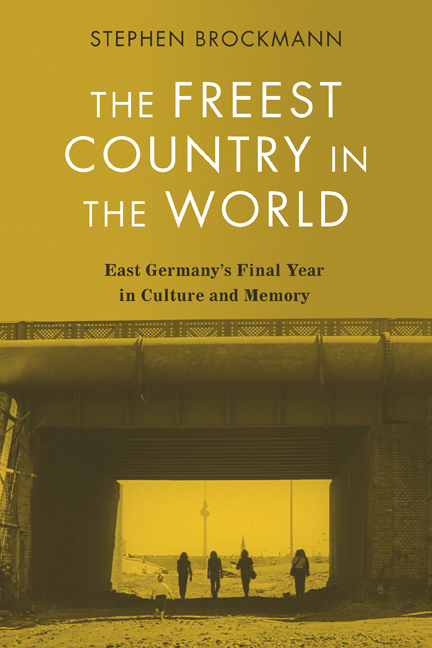Corona-Pandemie im Text und Diskurs
 Die Relevanz der Corona-Pandemie für Gesellschaften ist in Sprache und Kommunikation in unterschiedlicher Form dokumentiert worden. Die in diesem Band versammelten Beiträge sollen ein differenziertes Bild der Realisierung des Corona-Diskurses vermitteln. Dementsprechend konzentrieren sich die Studien auf lexikalische Einheiten, mit denen der pandemischen Realität Rechnung getragen wird. Eine natürliche Manifestation der Diskurse sind Texte, denen auch hierin besondere Aufmerksamkeit gewidmet wird. Beachtung finden ebenfalls Humor in Krisenzeiten und seine Erscheinungsformen wie Witze oder Corona-Memes. Daher gibt der Band einen fundierten Einblick in den Corona-Diskurs mit besonderem Fokus auf die Sprache Deutsch, wobei er auch Untersuchungen zu anderen Sprachen berücksichtigt.
Die Relevanz der Corona-Pandemie für Gesellschaften ist in Sprache und Kommunikation in unterschiedlicher Form dokumentiert worden. Die in diesem Band versammelten Beiträge sollen ein differenziertes Bild der Realisierung des Corona-Diskurses vermitteln. Dementsprechend konzentrieren sich die Studien auf lexikalische Einheiten, mit denen der pandemischen Realität Rechnung getragen wird. Eine natürliche Manifestation der Diskurse sind Texte, denen auch hierin besondere Aufmerksamkeit gewidmet wird. Beachtung finden ebenfalls Humor in Krisenzeiten und seine Erscheinungsformen wie Witze oder Corona-Memes. Daher gibt der Band einen fundierten Einblick in den Corona-Diskurs mit besonderem Fokus auf die Sprache Deutsch, wobei er auch Untersuchungen zu anderen Sprachen berücksichtigt.
zum Buch im ULB-KatalogPlus
zum Buch auf der Verlags-Website
The freest country in the world: East Germany’s final year in culture and memory
 Stephen Brockmann’s new book explores the year 1989/1990 in East Germany, arguing that while the GDR is generally seen as – and was for most of its forty years – an oppressive and unfree country, from autumn 1989 until the autumn of 1990 it was the „freest country in the world,“ since the dictatorship had disappeared while the welfare system remained. That such freedom existed in the last months of the GDR and was a result of the actions of East Germans themselves has been obscured, Brockmann shows, by the now-standard description of the collapse of the GDR and the reunification of Germany as a triumph of Western democracy and capitalism.
Stephen Brockmann’s new book explores the year 1989/1990 in East Germany, arguing that while the GDR is generally seen as – and was for most of its forty years – an oppressive and unfree country, from autumn 1989 until the autumn of 1990 it was the „freest country in the world,“ since the dictatorship had disappeared while the welfare system remained. That such freedom existed in the last months of the GDR and was a result of the actions of East Germans themselves has been obscured, Brockmann shows, by the now-standard description of the collapse of the GDR and the reunification of Germany as a triumph of Western democracy and capitalism.
Brockmann first addresses the culture of 1989/1990 by looking at various media from that final year, particularly film documentaries. He emphasizes punk culture and the growth of neo-Nazism and the Antifa movement – factors often ignored in accounts of the period. He then analyzes three later semiautobiographical novels about the period. He devotes chapters to dramatic films dealing with German reunification made relatively soon after the event and to more recent film and television depictions of the period, respectively. The final chapter looks at monuments and memorials of the 1989/1990 period, and a conclusion considers the implications of the book’s findings for the present day.
zum Buch im ULB-KatalogPlus
zum Buch auf der Verlags-Website
